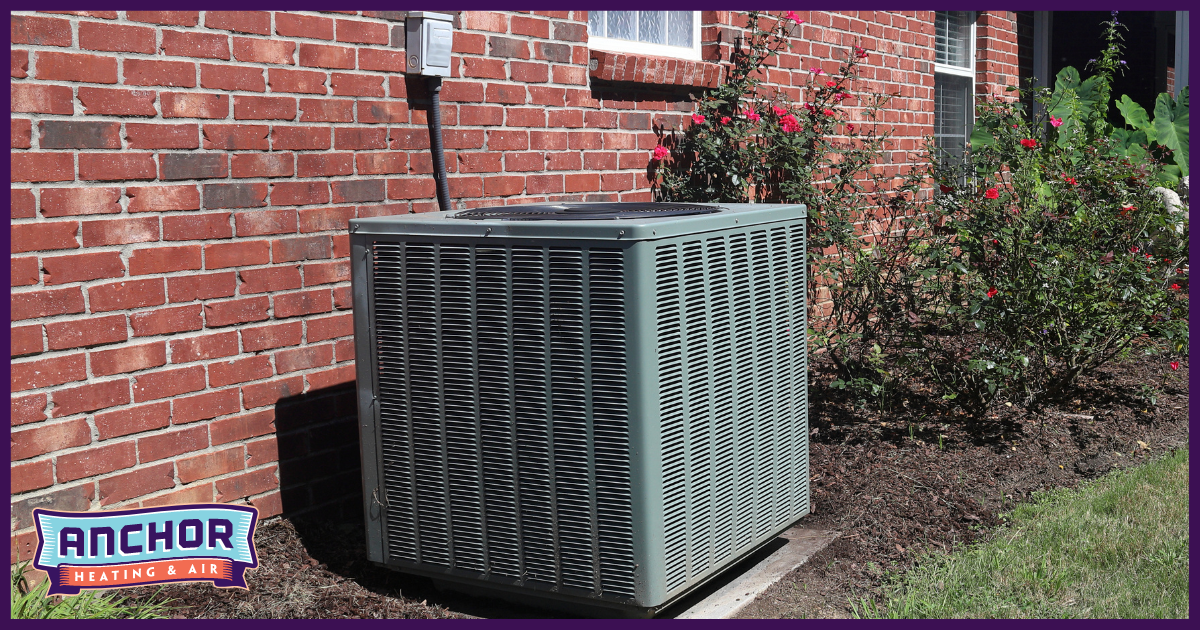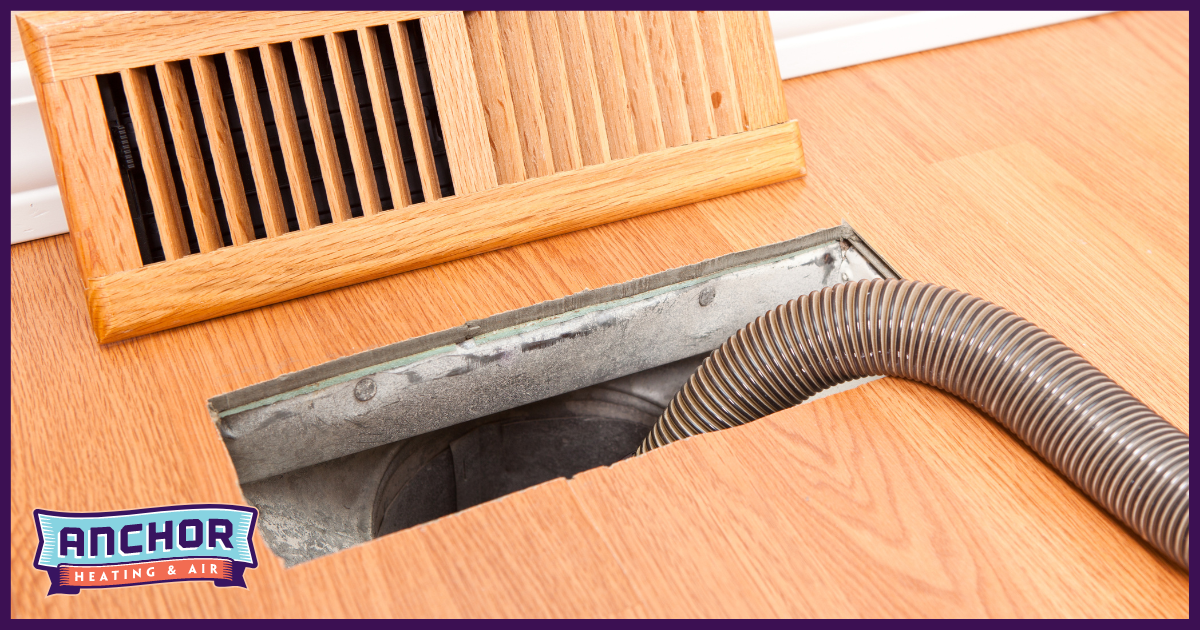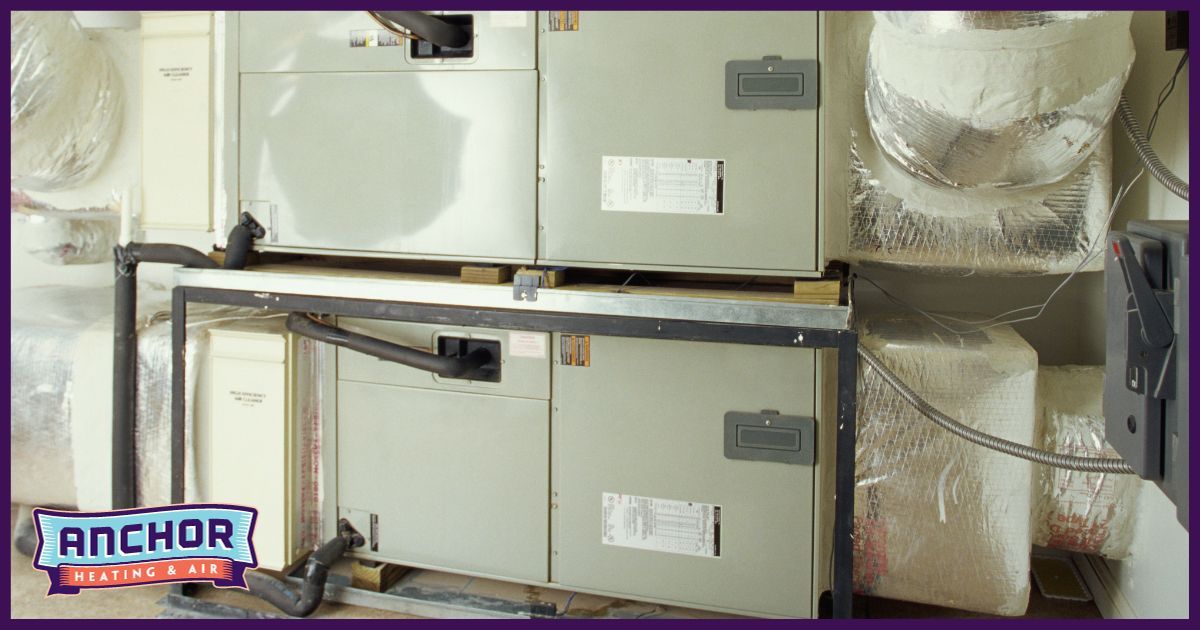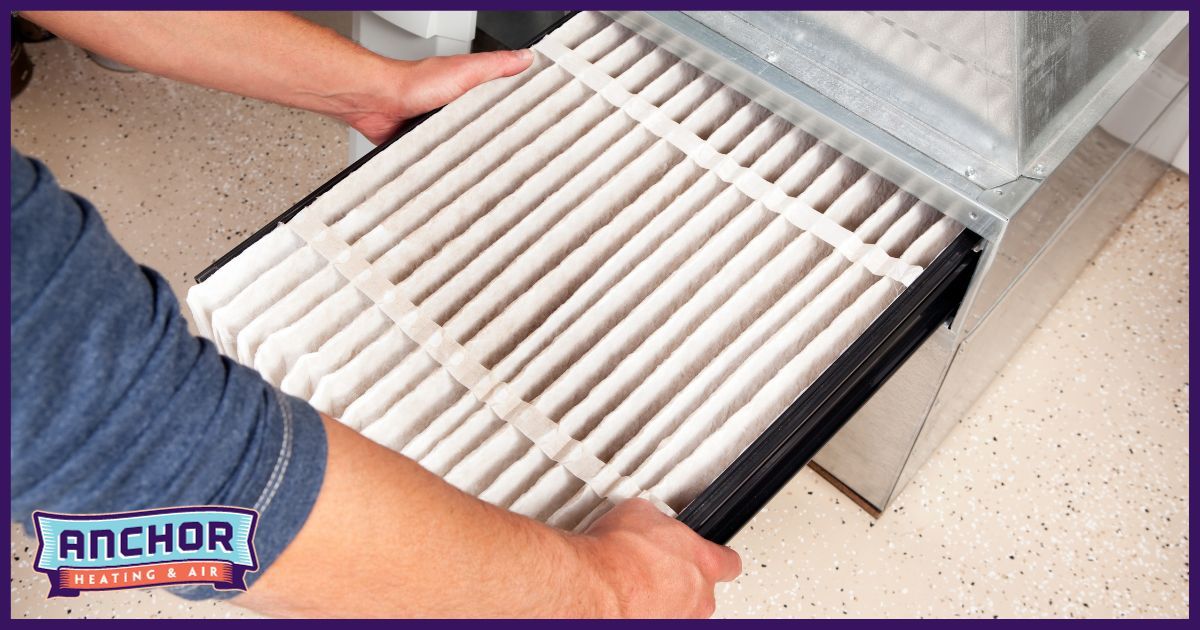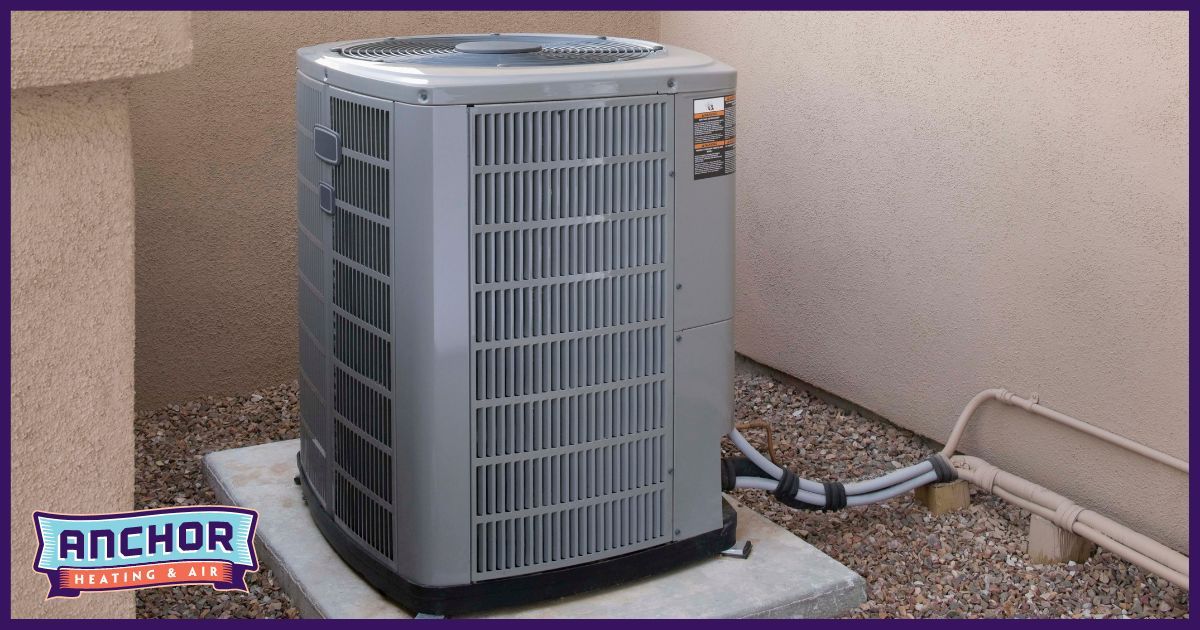How High Humidity Affects Your Charleston Home
Anchor Heating and Air is your #StillLocal heating & air conditioning company serving Charleston, SC and the surrounding areas.

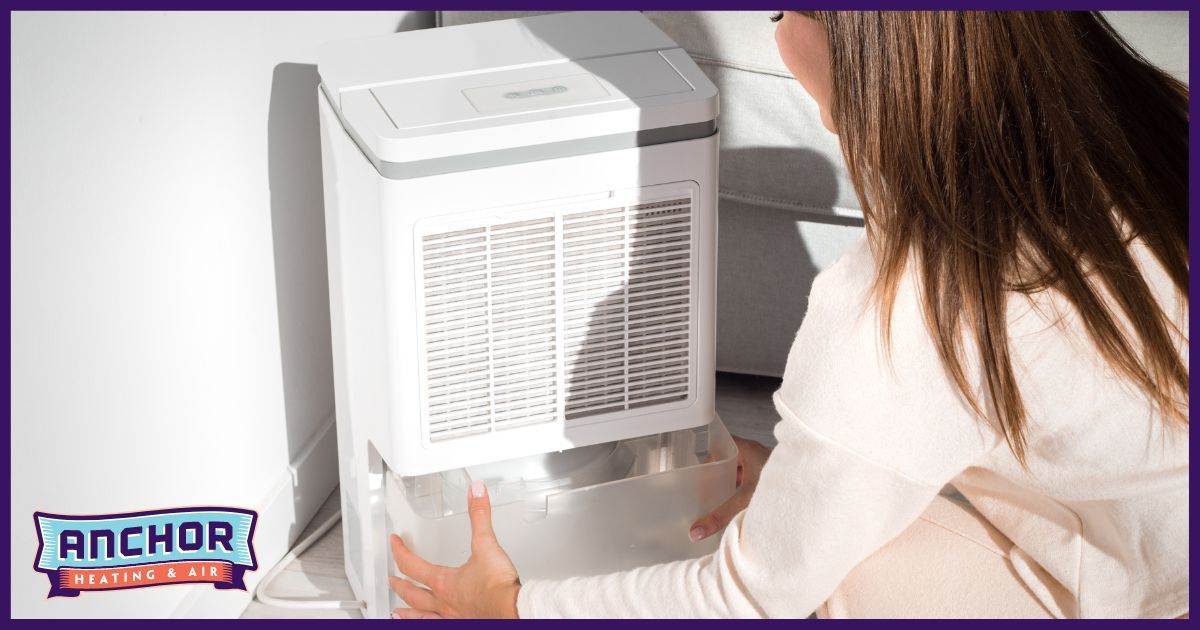
If you’re feeling much warmer than the readings on your thermostat suggest, it’s likely due to high humidity. However, high humidity does more than make you feel like lowering the reading on your air conditioner by a few levels. It can also have a negative effect on your home’s structural integrity and your belongings. In this blog post, you’ll learn how high humidity in Charleston, SC can affect your home and how to combat it.
The Proper Humidity Levels For Your Home
According to the EPA, the acceptable range for indoor humidity is between 30% and 50% and no more than 60%. Anything above 60% will make your indoor space uncomfortable and expose your home to the risk of structural damage.
However, you should remember that humidity levels fluctuate throughout the year with the weather. Your goal should be to maintain the indoor humidity readings at a level that matches the temperatures outside. Doing so ensures you and your family stay comfortable and, above all, healthy.
Here in Charleston, the summer temperatures fluctuate between 70° and 90°. The proper indoor humidity levels at this time should be around 50%. During the winter months, temperatures drop to between 40° and 60°. You should keep the humidity levels at no more than 40% around this time to avoid negative health symptoms and other effects.
How High Humidity Can Damage Your Home
Humidity is a necessary aspect of your home to keep it comfortable year round. Too much or too little can greatly affect your health and home. As most South Carolina residents know, humidity is always present due to the subtropical climate. Below we have listed how high humidity in Charleston, SC and surrounding areas can affect your home.
Growth Of Mold And Mildew
Mold and mildew grow in places with high moisture, which can be your home if humidity is high. Mold can grow on any surface, but is typically found on walls, furniture, carpet, and even dust. As mold grows and spreads, it can damage the structure of your home and various belongings. Exposure to mold growth can cause allergy symptoms, severe allergic reactions, and mold poisoning.
Damage To Paintwork And Wallpaper
Condensation will gather on your walls if you don’t control high humidity. As a result, you’re likely to see curling wallpaper and flaky paint. The problem is more pronounced on exterior walls, but you can also see the signs indoors.
Damage To Wood
Excess humidity can damage wood by encouraging fungal growth and causing stains and warping. Over time, it can lead to irreversible damage to your flooring, furniture, window frames, doors, and other wooden components and fittings across your home. This is due to wood absorbing moisture and swelling when humidity is high. When air dries up, wood loses moisture and shrinks back. This process can result in your wood furniture, floors, and other wood belongings cracking and splitting.
Damage To Brickwork And Walls
Studs, joists, bricks, and plaster will swell or contract as their moisture content fluctuates. The result is cracks or bulging, which typically leads to deterioration over time. The repair work for such moisture damage is typically expensive.
The Benefits Of Controlling Humidity
If you know how high humidity affects your Charleston home, you’re likely aware of the benefits of keeping humidity levels down. By keeping humidity levels within the 30-50% recommended range, you can:
- Prevent structural damage to your property
- Reduce the strain on your air conditioner
- Prevent the growth and spread of mold
- Reduce the risk of allergens compromising your indoor air quality
- Avoid damage to stored items
How To Control Humidity In Charleston, SC
At Anchor Heating and Air, our top priorities are keeping you healthy and comfortable. Our team battles humidity daily for other homeowners and themselves. Let the experts at Anchor Heating and Air help control humidity in Mount Pleasant, SC and surrounding areas with these tips:
Utilize & Maintain Your Air Conditioner
Did you know your air conditioner works to control humidity in your home? While an air conditioner’s main purpose is to remove heat, AC units also remove humidity by collecting and draining the condensation in the air. A common task for HVAC technicians in Charleston, SC is to unclog a drain line, which is where condensation exits. To ensure your air conditioner can effectively control humidity, it is important your air conditioner is running properly.
AC maintenance in Charleston, SC is an important service to keep your air conditioner efficient and effective. We encourage homeowners to schedule air conditioning maintenance once a year before the summer season to minimize repairs and breakdowns, as well as keep specific aspects like the drain line functioning properly.
Install A Dehumidifier
A dehumidifier is the most effective system for combating indoor humidity. Dehumidifiers in Daniel Island, SC work to remove excess moisture from the air and can be the best tool to protect your home from humidity damage.
One of the best things about dehumidifiers is that they can significantly lower the burden on air conditioners. With your air conditioner running less frequently and at a higher temperature, you can keep your cooling bills down.
The Anchor Heating and Air team can help select and install the perfect dehumidifier for your home to keep you comfortable and healthy. Give us a call to install a dehumidifier in Charleston, SC.
Use Ventilation Or Exhaust Fans
Exhaust and ventilation fans are designed to remove moisture, odors, smoke, and other pollutants from the air. We encourage homeowners to use exhaust or ventilation fans when showering or cooking over a hot stove. After you’re done, allow the fans to run for at least ten minutes more to completely remove the moisture introduced into the home by your activity.
Fix All Pipe Leaks
When humidity is high, it is important to control moisture in every aspect. Leaking pipes and faucets can contribute to high humidity due to added condensation, so it is important to ensure all of your pipes are working properly. Along with added moisture, leaking pipes can encourage mold and mildew growth. We recommend homeowners fix pipes as soon as they notice an issue and consider wrapping exposed pipes with insulation material to prevent condensation.
Let Anchor Heating & Air Help Control Humidity!
Seeing how high humidity affects your Charleston home, it’s best to work with the experts to find the best humidity management system for your home. Call Anchor Heating & Air, a local HVAC company in Charleston, today at (843) 564-7777 to discuss how to reduce the humidity levels and keep your home comfortable all summer long.




